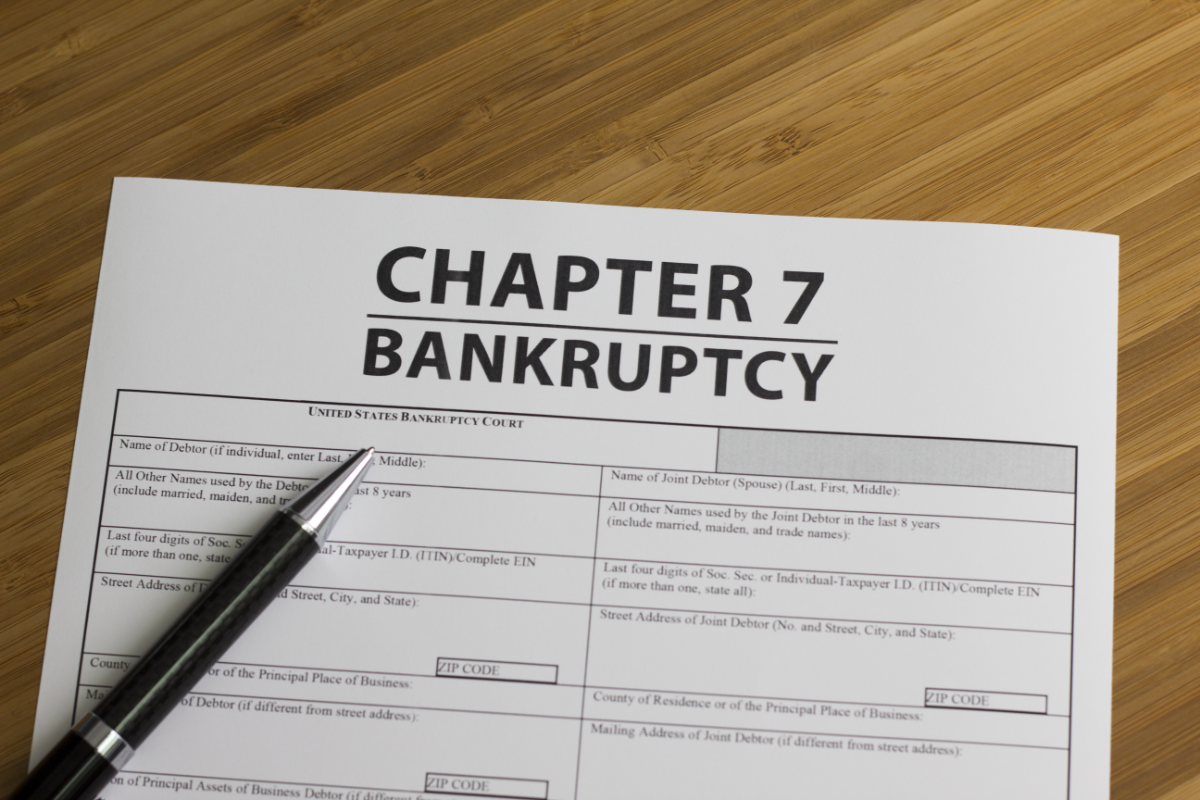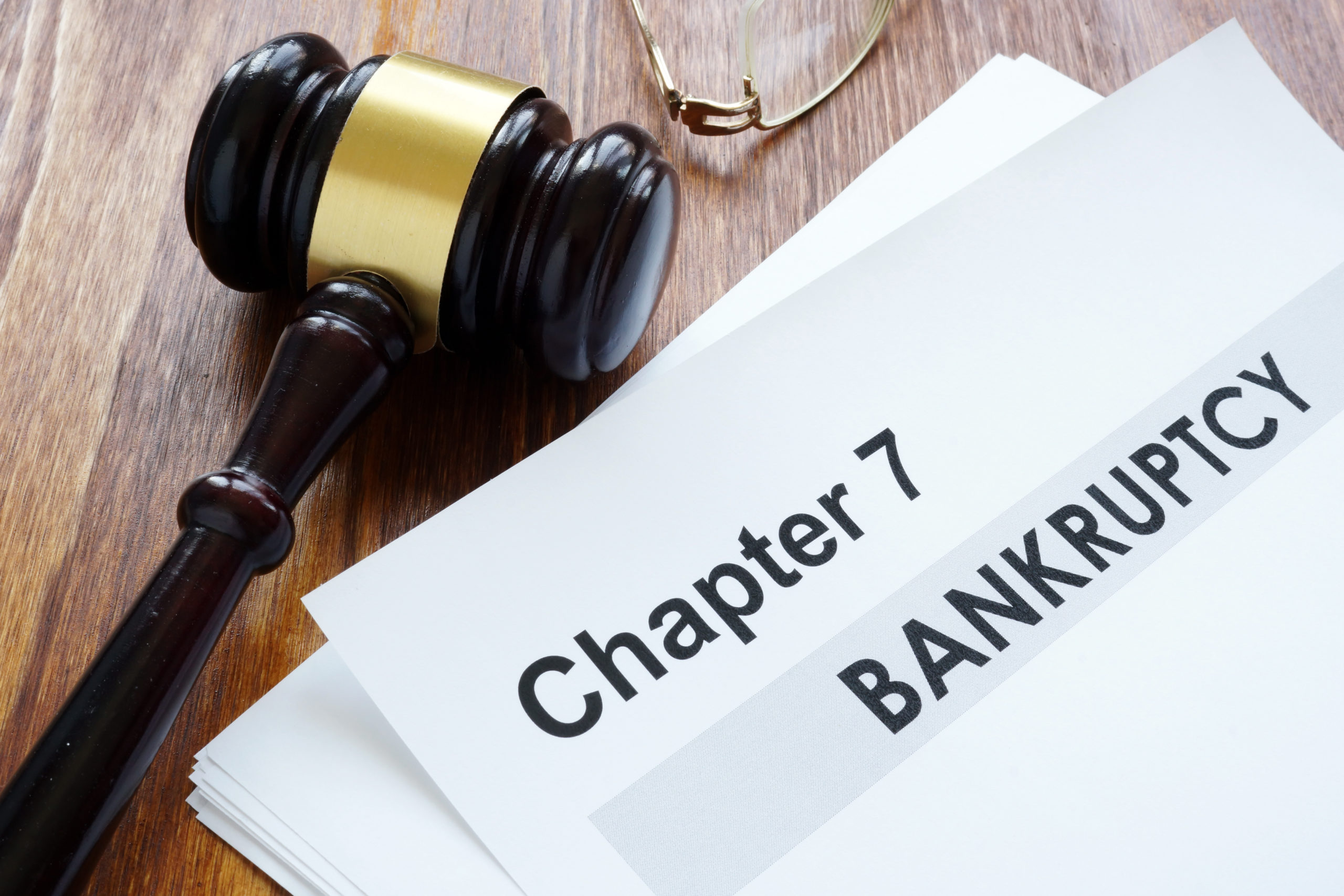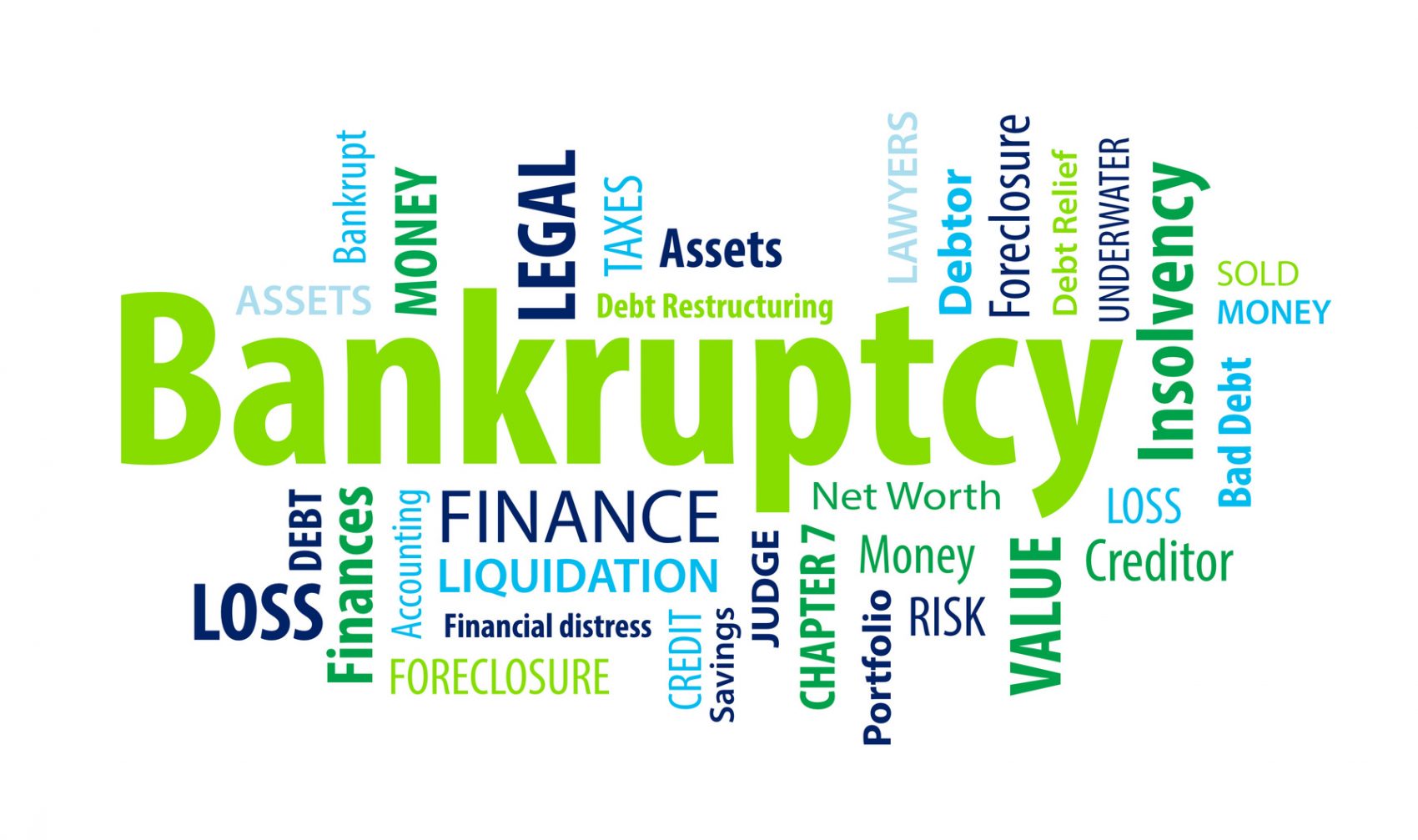Chapter 7 bankruptcy indiana – Chapter 7 bankruptcy in Indiana offers a lifeline to individuals struggling with overwhelming debt. This guide delves into the intricacies of this legal process, empowering you with the knowledge to navigate the complexities of financial distress.
From eligibility criteria to the timeline of the bankruptcy process, this comprehensive resource provides a roadmap for understanding the ins and outs of Chapter 7 bankruptcy in Indiana.
Understanding Chapter 7 Bankruptcy in Indiana

If you’re drowning in debt and struggling to keep your head above water, Chapter 7 bankruptcy might be a lifeline. But before you dive in, it’s crucial to understand what it entails and how it works in Indiana.
If you’re facing overwhelming debt, Chapter 7 bankruptcy in Indiana might be an option. But before you file, you may want to brush up on the Lake Placid: Final Chapter cast . After all, you’ll need to be prepared for the financial challenges that come with bankruptcy.
So, gather your documents, do your research, and remember, even in the darkest of financial times, there’s always hope for a fresh start.
Eligibility Criteria
Not everyone qualifies for Chapter 7 bankruptcy. To be eligible, you must meet certain criteria, such as:
- Passing the means test, which evaluates your income and expenses to determine if you can afford to repay your debts.
- Having a valid reason for filing, such as job loss, medical expenses, or overwhelming debt.
- Not having filed for bankruptcy too recently (typically within the last 8 years).
Filing Process
Filing for Chapter 7 bankruptcy in Indiana involves the following steps:
- Contacting a bankruptcy attorney to discuss your situation and eligibility.
- Completing and filing a petition with the bankruptcy court, which includes a list of your debts, assets, and expenses.
- Attending a meeting with the bankruptcy trustee to answer questions about your financial situation.
- Liquidating non-exempt assets to pay off creditors (if applicable).
- Impact on Credit Score: It can damage your credit score for up to 10 years, making it difficult to obtain loans or credit cards.
- Loss of Property: Non-exempt assets, such as luxury vehicles or second homes, may be sold to pay off creditors.
- Limits on Future Bankruptcy: Filing for Chapter 7 bankruptcy too often can make it more difficult to file again in the future.
- Up to $15,000 in equity in your home
- Up to $2,500 in equity in one motor vehicle
- Up to $10,000 in personal property (e.g., furniture, appliances, clothing)
- Certain retirement accounts (e.g., 401(k), IRA)
- Up to $1,500 in tools of the trade
- Credit card balances
- Medical bills
- Personal loans
- Payday loans
- Student loans
- Taxes
- Child support and alimony
- Debts incurred through fraud or criminal activity
- You’ll need to file a petition with the bankruptcy court, which includes information about your debts, assets, and income.
- Along with the petition, you’ll also need to file various supporting documents, such as your income tax returns, bank statements, and proof of identity.
- Once your petition is filed, the court will assign you a case number and appoint a bankruptcy trustee.
- Within 21 to 40 days of filing, you’ll attend a meeting of creditors, where your creditors can ask questions about your financial situation.
- The bankruptcy trustee will also be present to gather information and ensure that your bankruptcy petition is accurate.
- You’re required to attend this meeting, and failure to do so could result in your case being dismissed.
- Typically held 60 to 90 days after the meeting of creditors, the discharge hearing is where the court reviews your bankruptcy petition and decides whether to grant you a discharge of your debts.
- If the court grants your discharge, you’ll be legally released from most of your unsecured debts, such as credit card balances and medical bills.
- However, certain debts, like student loans and child support, are not dischargeable in Chapter 7 bankruptcy.
- The bankruptcy trustee is appointed by the court to oversee your bankruptcy case.
- Their responsibilities include gathering your assets, liquidating non-exempt assets to pay creditors, and distributing funds to your creditors.
- The trustee will also review your financial records and question you about your financial situation.
- Hiring a bankruptcy attorney is not required, but it’s highly recommended.
- An attorney can guide you through the bankruptcy process, help you prepare your petition, and represent you at the meeting of creditors and discharge hearing.
- They can also advise you on which property you can exempt from liquidation and help you maximize your recovery from bankruptcy.
- During the bankruptcy process, you may be required to surrender non-exempt property to the bankruptcy trustee.
- Non-exempt property is property that is not protected by bankruptcy exemptions, such as expensive jewelry, luxury vehicles, or second homes.
- The trustee will sell these assets and use the proceeds to pay your creditors.
- In addition to the meeting of creditors and discharge hearing, you may also be required to attend other hearings, such as a status conference or an examination hearing.
- It’s crucial to attend all scheduled hearings and cooperate with the bankruptcy court and trustee throughout the process.
- Failure to attend hearings or provide necessary information could result in your case being dismissed or your discharge being denied.
Consequences
Filing for Chapter 7 bankruptcy has significant consequences:
Exemptions and Discharge of Debts in Indiana Chapter 7 Bankruptcy: Chapter 7 Bankruptcy Indiana

When filing for Chapter 7 bankruptcy in Indiana, you can protect certain assets and debts. Exemptions are the types of property that you can keep during the bankruptcy process, while dischargeable debts are those that can be eliminated.
Yo, if you’re feeling lost in the labyrinth of Chapter 7 Bankruptcy in Indiana, don’t fret. Take a break and dive into the epic world of One Piece: Chapter 1094 here . Luffy and the crew are facing mind-blowing challenges, but they’ll never give up.
Just like you, they’ll find a way to overcome obstacles and navigate the complexities of Chapter 7 Bankruptcy in Indiana. Let their resilience inspire you as you embark on your own financial journey.
Exempt Property
Indiana’s bankruptcy exemptions allow you to protect a wide range of property, including:
Dischargeable Debts
Chapter 7 bankruptcy can discharge most unsecured debts, such as:
Exceptions to Discharge
There are some debts that cannot be discharged in Chapter 7 bankruptcy, including:
Timeline and Procedures for Chapter 7 Bankruptcy in Indiana

Filing for Chapter 7 bankruptcy in Indiana involves a series of steps and procedures. Here’s a detailed timeline to help you navigate the process:
Initial Filing
Meeting of Creditors
Discharge Hearing, Chapter 7 bankruptcy indiana
Roles and Responsibilities
Bankruptcy Trustee
Bankruptcy Attorney
Surrendering Non-Exempt Property
Attending Required Hearings
Alternatives to Chapter 7 Bankruptcy in Indiana

Filing for bankruptcy can be a daunting and overwhelming process, but it’s not the only option for dealing with overwhelming debt. If you’re considering Chapter 7 bankruptcy, it’s essential to explore alternative debt relief options that may be a better fit for your circumstances. Here are some viable alternatives to Chapter 7 bankruptcy in Indiana:
Chapter 13 Bankruptcy
Chapter 13 bankruptcy, also known as a reorganization bankruptcy, allows you to create a repayment plan that lasts for three to five years. During this period, you’ll make regular payments to your creditors while continuing to earn an income. The main advantage of Chapter 13 bankruptcy is that it allows you to keep your assets while catching up on missed payments. However, it requires you to commit to a strict repayment plan and may not be suitable if you have a high amount of unsecured debt.
Debt Consolidation
Debt consolidation involves combining multiple debts into a single loan with a lower interest rate. This can make your monthly payments more manageable and potentially save you money on interest. However, debt consolidation doesn’t eliminate your debt, and it may not be an option if you have poor credit or a high debt-to-income ratio.
Credit Counseling
Non-profit credit counseling agencies can provide guidance and support to help you manage your debt and create a budget. They can also negotiate with creditors on your behalf to reduce interest rates or waive late fees. Credit counseling is a good option if you’re struggling to make ends meet but don’t have a lot of debt.
Conclusion

Whether you’re considering filing for Chapter 7 bankruptcy or simply seeking information, this guide serves as an invaluable resource. Remember, navigating the legal complexities of bankruptcy can be daunting, but with the right knowledge and guidance, you can emerge from this challenging time with a fresh financial start.


While Chapter 7 bankruptcy in Indiana can provide a fresh financial start, those eager for the latest soccer manga developments can check out the blue lock chapter 213 release date . Returning to Chapter 7 bankruptcy in Indiana, it’s crucial to understand the process and consult with an experienced attorney to navigate the legal complexities.